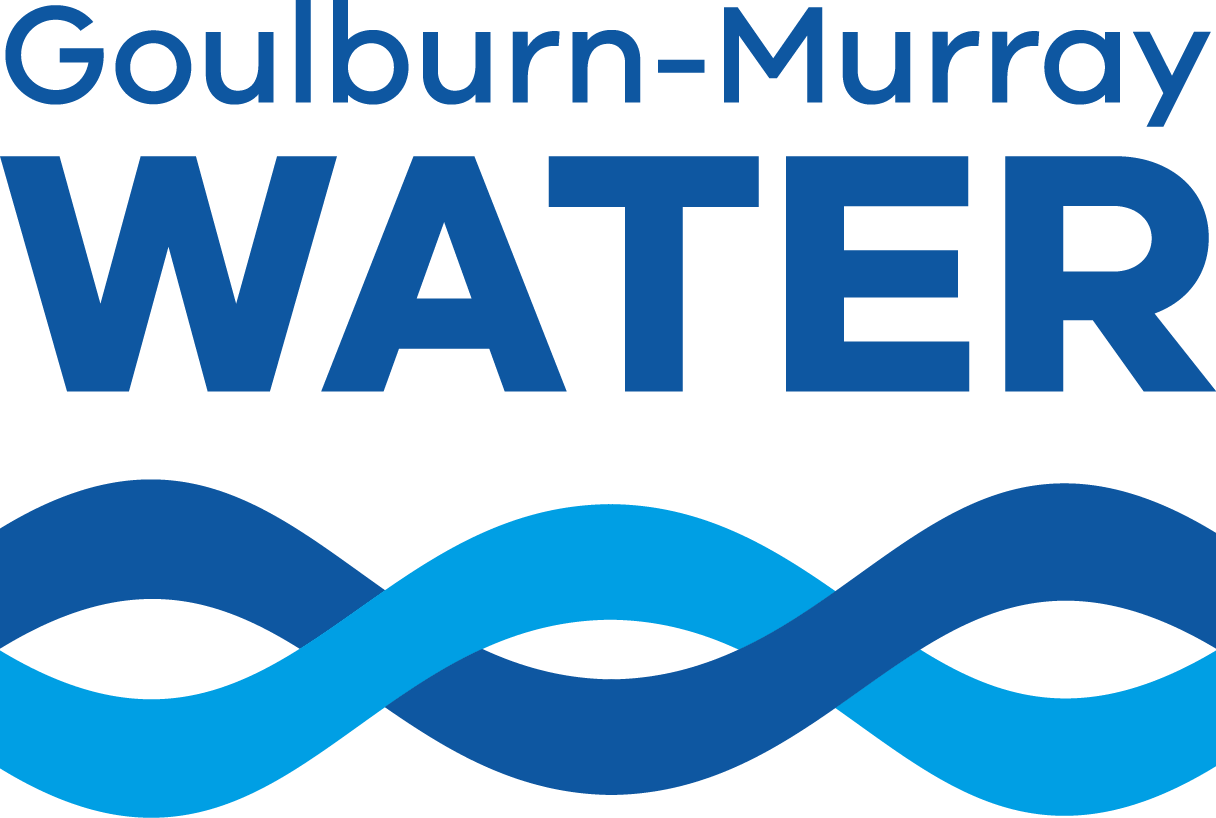Goulburn-Murray Water (GMW) operates major storages across northern Victoria in accordance with its Dam Safety Management System, which considers Victorian State and Australian National Committee on Large Dams (ANCOLD) guidelines to ensure harvesting opportunities are maximised and stored water is managed efficiently for our customers.
GMW operates and maintains 12 large dams across the six catchments, as well as four on behalf of the Murray Darling Basin Authority (MDBA) and the Victorian Mid-Murray storages.
Keeping these dams in good working condition now and into the future requires investment.
The major drivers for expenditure in these services is the day-to-day operation and maintenance activities (including dam safety management) at each storage and the capital replacement of aged assets to meet agreed service standards, and a program of investing in upgrades to improve the safety of the large dams in line with Victorian and ANCOLD guidelines.
The major storages are staffed to ensure operational rosters can be filled and staff are available to undertake land and on water management.
Over the next four years, we will be carrying out major projects, dam safety upgrades and business-as-usual activities such as asset renewal.
Dam safety management includes annual inspections of each storage, collection and interpretation of data from instruments located at each dam, and staff training.
We are currently implementing a new Dam Safety Management System (DSMS) to meet contemporary standards and regulation requirements.
A significant cost component of the dam safety program in the 2020-24 Pricing Submission has been undertaking detailed Dam Safety Design Reviews, which must be done at least every 20 years. Three have been completed in the 2020-24 regulatory period (Buffalo, Waranga Basin and Eppalock). Another eight will be progressed in the period covered by the 2024-28 pricing submission period (Goulburn Weir, Cairn Curran, Eildon, Tullaroop, William Hovell, Nillahcootie, Hepburn and Newlyn).
Together with the Portfolio Risk Assessment (PRA) work completed in 2019, these major reviews inform future dam safety upgrade works, planned for implementation over the next 20-30 years to promote the long-term structural integrity and safety of the structures.
Maintenance at GMW operated storages is primarily undertaken by storage operations staff and GMW workshop members. Maintenance activities include regular inspection of all dam infrastructure, periodic operation of key outlet works and lubrication of ropes and bearings, testing and servicing of ancillary equipment, weed control and access track and fence repair works.
In order to carry out essential upgrade works, the water storage capital expenditure is forecast to be $29.4 million across the 2024-28 Pricing Submission.
The capital program consists of business-as-usual activities, comprising small-medium scale ongoing renewal of asset projects, five more major projects to replace aged and non-compliant assets and works to progress five dam safety upgrades identified in the PRA.
This will enhance or promote GMW’s continued ability to harvest and store water in provision of bulk water service targets and address the highest priority dam safety risks.
The small-medium scale ongoing renewal projects are identified through the asset management plans and regular inspection of assets and monitoring of their performance.
Each project will be assessed through the GMW Investment Framework to ensure a fit-for-purpose and value for money solution is delivered.
The majority of capital work is on fairly small cost asset replacement, with forecast expenditure similar to that of the previous two pricing submission periods (~$5.5m/year).
However, GMW is forecasting an increase in capital expenditure due to several large projects that have now become due.
The costs of bulk water storages are recovered from bulk entitlement holders (water corporations) and the environmental entitlement holder (Victorian Environmental Water Holder) using bulk water charges.
GMW also passes onto retail customers the bulk water charges it pays, and primarily recovers them through Entitlement Storage Fees. Entitlement Storage Fees are paid by holders of water shares (regulated diversions, gravity and pumped irrigation customers) for storage of their water shares.
Other retail customer fees that pass on bulk water charges are:
- Water Allowance Storage Fees – paid by landowners in water supply districts for storage of their water allowances
- Infrastructure Access Fees – paid by customers in gravity and pumped irrigation districts, and in water supply districts for storage of the entitlements used to cover losses incurred in operating the districts.
Large non-dam safety projects
Replacement of the protective coating on nine radial gates at Goulburn Weir ~ $1.45m
Reconfiguration/replacement of the outlet valves and spillway at Laanecoorie ~ $3.4m
Replacement of two aged irrigation outlet valves at Lake Buffalo ~ $3.7m
Replacement of the aged guard valve on the Cairn Curran outlet conduit ~ $0.5m
Dam safety upgrade projects
Design of spillway wall strengthening at William Hovell ~ $0.5m
Design of various dam safety upgrade at Newlyn ~ $1m
Investigation and preliminary design of crest filter trench at Waranga Basin ~ $0.4m
Installation of filters on secondary embankment at Tullaroop ~ $5m (50% delivery planned for 2024-28 period)
| CATCHMENT | STORAGES |
| Bullarook | Hepburn, Newlyn |
| Loddon | Cairn Curran, Tullaroop, Laanecoorie |
| Campaspe | Eppalock |
| Goulburn | Eildon, Goulburn Weir, Waranga Basin |
| Broken | Nillahcootie |
| Ovens/King | William Hovell, Buffalo |
| Murray (MDBA) | Dartmouth, Yarrawonga Weir, Torrumbarry Weir, Mildura Weir |
| Mid-Murray | Kangaroo Lake, Lake Boga, Kow Swamp, Lake Charm |













